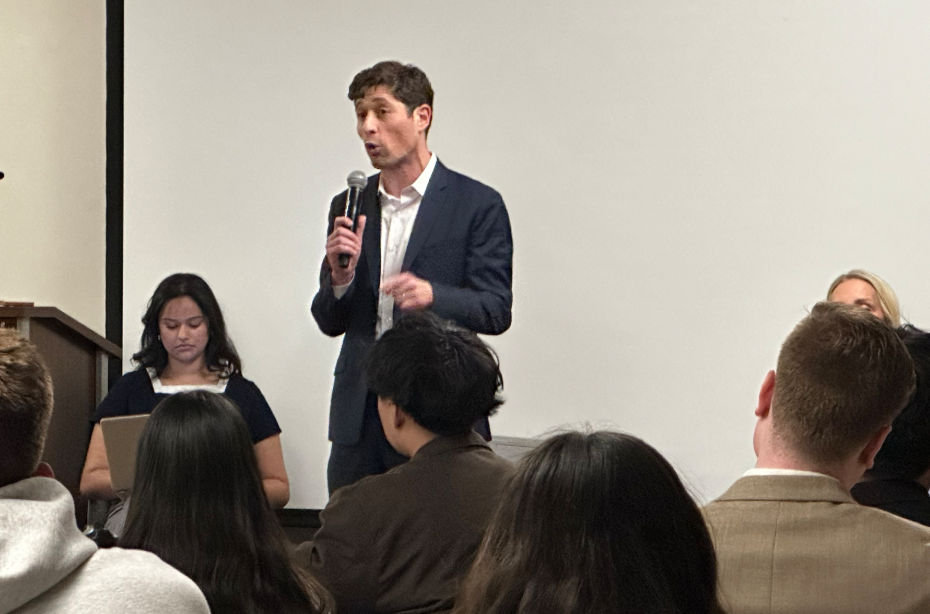University of Minnesota graduate students are raising concerns that some graduate departments aren’t disclosing certain fees to students.
The Council of Graduate Students has received multiple complaints from students saying that appointment letters sent to graduate assistants and potential assistants from certain departments didn’t mention mandatory student fees. The letters are required to include this information, according to an Office of Human Resources policy.
Graduate assistants are students employed by the University to teach and conduct research while pursuing their advanced degrees.
COGS has brought complaints to administrators and faculty, highlighting the importance of informing graduate students prior to accepting a University position.
“We think it’s important to disclose financial responsibilities to students before they come here so they are aware of what they need to pay,” said COGS President Sean Chen. “Just in principle, it’s important that people know.”
Student fees, which are billed to students each semester, vary between colleges and programs; students can pay anywhere between $25 and over $2,000 per semester for the 2018-2019 school year. International students pay an additional fee.
Earlier this month, several University administrators, including Provost Karen Hanson, urged faculty to be more transparent in appointment letters in a letter.
“It is critical that we be as transparent as possible with graduate students about the terms of their employment — particularly about what graduate program costs will be covered by the University and what costs will not,” the letter stated.
The email also said administrators had “received complaints about what students regard as misleading offers.”
Departments must say that students are responsible for paying all student fees in graduate assistant appointment letters, according to OHR policy.
OHR does not monitor whether or not letters comply with the policy, said Scott Lanyon, vice provost and dean of graduate education, who co-signed the letter. He said the policy is often overlooked because many of the letters are written by individual departments.
Graduate assistant appointment letters are not treated like other employment offer letters because they are intended for students, Lanyon said.
“We … worked with academic leaders to communicate expectations that departments must include in all offer letters a reference to the matter of student fees,” said Vice President for Human Resources Kathy Brown in an email to the Minnesota Daily. “We want graduate assistants, like all employees, to have access to all the information they need to consider an employment offer.”
In many departments, a director of graduate studies or graduate program coordinator writes appointment letters. These positions often have high turnover, which can cause important information, like appointment letter policy requirements, to be overlooked, said Rachel Jorgenson, graduate program coordinator for the Department of Biomedical Engineering.
Some graduate students said they believe departments are purposely omitting student fees from letters; Jorgenson said she understands why some may feel that way.
Graduate assistant appointment letters have a lot of information concerning policy, Jorgenson said, so some departments may omit fees in order to make the letter livelier.
University administrators said they hope to correct the issue in the future.
“I think it’s great that the students made us aware of this and we’re dealing with it,” Lanyon said. “Hopefully, this will be better with the next round of appointment letters.”







